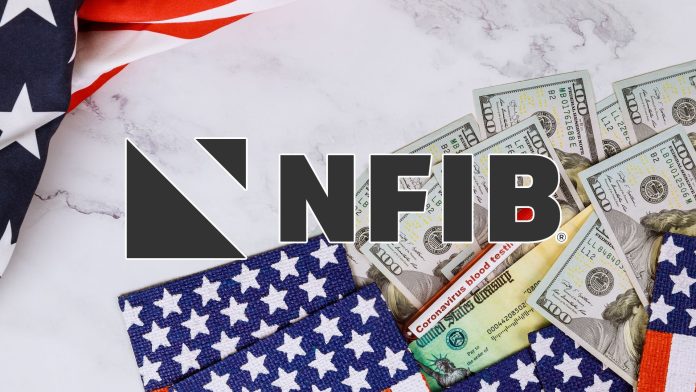A federal grand jury in Chicago has charged four individuals with allegedly defrauding small business relief programs under the Coronavirus Aid, Relief, and Economic Security (CARES) Act, raising significant concerns for small business owners still navigating the aftermath of the pandemic.
The accused—Dexter M. Crawford, Jr., Timika Royston, Orlando Patrick, and Jermie Miller—are alleged to have submitted fraudulent applications for millions in funds from the Paycheck Protection Program (PPP) and the Economic Injury Disaster Loan (EIDL) program. These programs were designed to provide financial relief to small businesses struggling during the economic downturn caused by COVID-19.
According to the unsealed indictment, between 2020 and 2022, the defendants made false claims regarding their businesses, misstating the number of employees, payroll figures, revenue amounts, and other financial data to secure the loans. The indictment specifies multiple counts, including wire fraud and money laundering, with severe penalties—each fraud count carrying a potential sentence of up to 30 years in federal prison.
This case serves as a stark reminder for small business owners to exercise caution and integrity when applying for federal relief programs. The U.S. attorney’s office and the IRS Criminal Investigation unit are spearheading the prosecution, signaling the seriousness with which authorities are treating allegations of fraud in these critical aid programs.
Andrew S. Boutros, U.S. Attorney for the Northern District of Illinois, emphasized, "The government is committed to holding those who exploit relief programs accountable." For small business owners who legitimately accessed these funds, lawsuits and criminal inquiries can be a concern, adding layers of complexity to their recovery.
Royston and Miller have pleaded not guilty, while arraignments for the others are pending. The legal proceedings will unfold over the coming weeks, with implications that could reverberate throughout the small business community.
This high-profile indictment raises key considerations for small business owners still leveraging pandemic relief programs. It underscores the necessity for transparent and accurate representations in loan applications. Falsifying data not only risks criminal charges but can jeopardize future opportunities for legitimate funding.
Furthermore, as regulatory scrutiny tightens around pandemic relief funding, small businesses may face increased pressure to document their financials with greater accuracy. With the potential for investigations looming, diligence in maintaining compliance has never been more crucial.
While the indictment illustrates the potential abuses of the relief programs, it also highlights the ongoing efforts by the Small Business Administration (SBA) to combat fraud. The SBA Office of Inspector General has been actively involved, working alongside federal prosecutors to ensure that pandemic aid reaches those genuinely in need.
For small business owners, this incident serves as a critical learning opportunity. Engaging with professional advice when filling out loan applications can significantly mitigate risks. Understanding the requirements and ensuring full compliance will help protect businesses in an increasingly scrutinized landscape.
Moreover, any business owner suspecting fraudulent activity related to COVID-19 relief is encouraged to report it to the Department of Justice, reinforcing a collective responsibility to uphold the integrity of federal assistance programs.
As this case unfolds, small business owners can remain informed on the latest developments and guidance by visiting the SBA’s dedicated page and signing up for email updates.
In a climate where financial integrity is paramount, staying informed and compliant remains crucial as businesses navigate this unprecedented legal and economic terrain.
Image Via Envato: photovs



